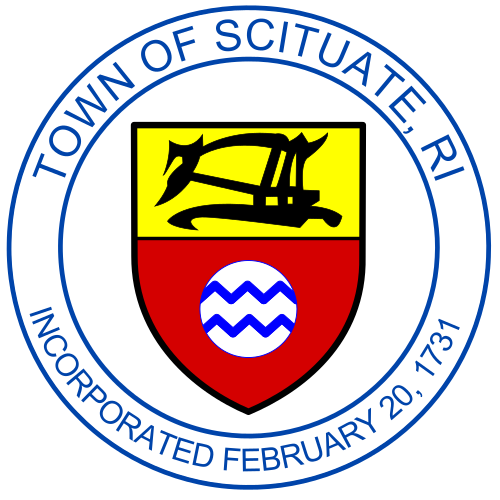English Department
SHS English Department Class Resources
English Department Faculty
Kristy Antonelli
Chris Bagley, Department Chair
Jiannna Ferrucci
Matt Kelly
Anne Pedro
Keith Sanzen
Maggie Stormont
The English Language Arts Department of Scituate High School supports and actively engages students in achievement of Scituate High School's academic expectations and learner outcomes. Students engage in activities that promote effective communication through speaking, writing, listening and reading, critical thinking and problem solving, effective and responsible use of technology, and exploration of creativity and curiosity. Our courses at each grade level offer multiple opportunities for self-responsibility, recognition and respect for individual differences and diversities, and appreciation and respect for the abilities and achievements of others. Each course also offers the opportunity for students to practice leadership and membership skills by working in groups to solve problems.
The English Department faculty is dedicated to developing the whole student, and in this effort recognizes students' diverse learning styles. Our collective goal is to provide each student with a learning base that carries beyond the high school setting and enables students to apply the knowledge attained in high school to college endeavors and future employment. To this end, each course is designed to expose students to relevant literature, and current global and domestic themes pertinent to the human condition. Students who successfully complete four years of English experience multiple genres of writing and reading and actively use current technology and media.
In recognition of 21st century learning, students use technology to research topics, communicate with other students, locally and globally, analyze media bias, vet internet site credibility, and present researched topics in a professional manner. Students work in pairs and groups to collaboratively attain prescribed goals, create original works and solve problems.
The department has a firm belief in a common academic vocabulary that allows for student progress to be commonly recognized and fairly and consistently accessed. We use the District-Wide Writing rubric, and school wide rubrics to instruct and measure: effective class communication, critical thinking, comprehension and analysis of visual materials, research and analysis of a variety of sources, active listening, self-evaluation and class critiques, self-responsibility, working cooperatively, application of appropriate technology, and oral communication. Additionally, we use common benchmarks as a calibration tool.
